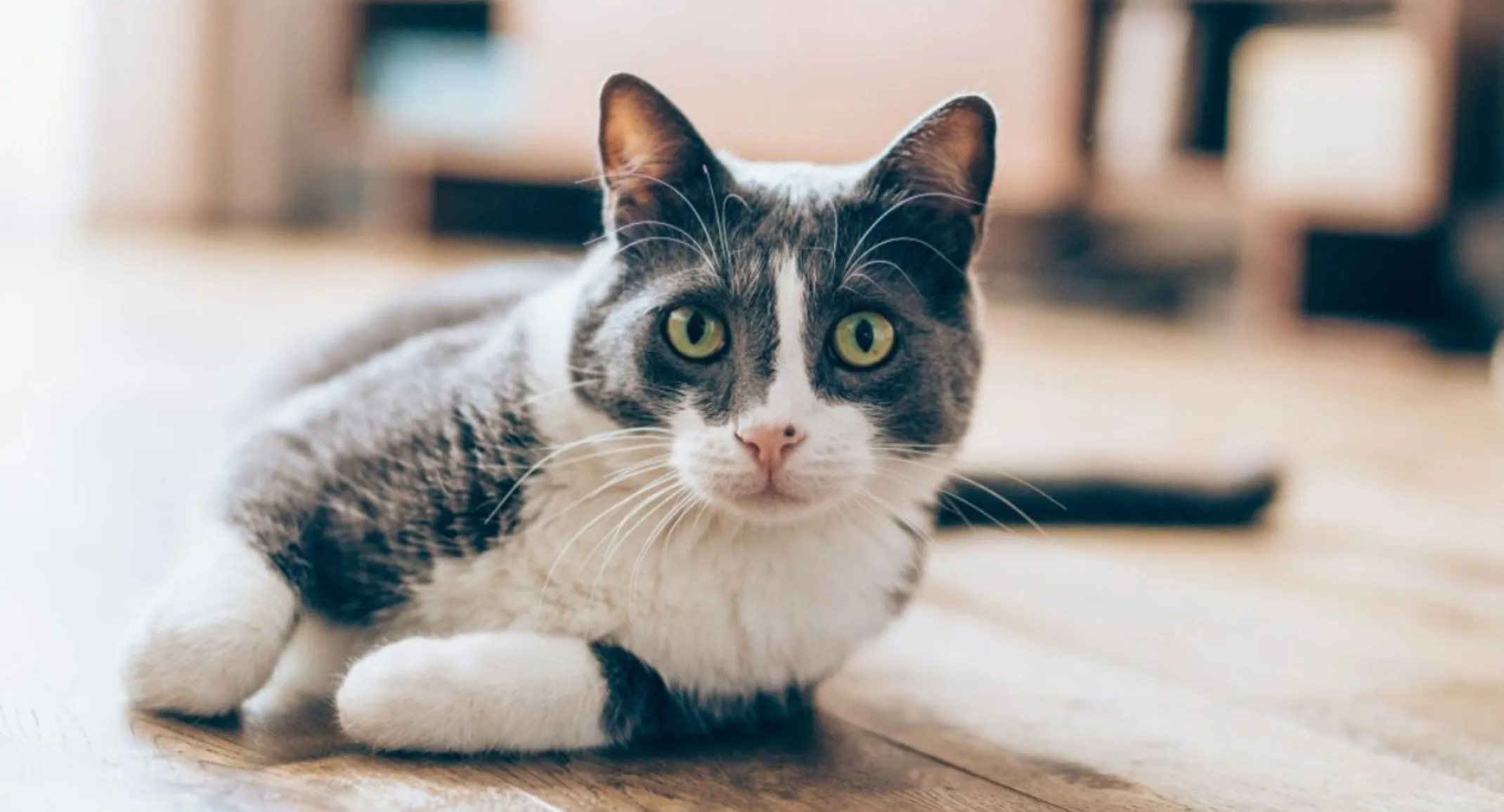Why is My Cat Sneezing? When to Worry
Cats

Cats, like people and other animals, sneeze to clear irritating substances from their nasal passages. An occasional sneeze here or there is nothing to worry about, but sneezing that persists or is accompanied by other illness signs may indicate a problem.
Here are the top reasons that cats sneeze, how sneezing cats are treated, and when to schedule a veterinary visit.
Is your cat actually sneezing?
To determine why your cat is sneezing, you first need to establish if they are actually sneezing. A cat sneeze may not sound anything like a dog or human sneeze, and can be easily confused with the following:
Reverse sneezing
Coughing
Wheezing
Retching
Hiccuping
All these actions are considered abnormal and require a veterinary visit, but each has different causes and treatments. Bring a video of your cat performing the suspect action to your veterinary appointment, so the team can determine the exact diagnosis and treatment for your cat.
What causes cat sneezing?
Sneezing is a reflex meant to clear an irritant from your cat’s nose or throat. Irritation or inflammation inside the nasal passages cause sneezing, but this is the real question—what is causing the inflammation? Causes may include:
Viral upper respiratory infection — Feline herpesvirus, and sometimes calicivirus, are thought to cause most upper respiratory infections in cats. Around 80% to 90% of all cats have herpesvirus, which lives dormant in their nervous system most of the time but can reactivate from stress. Viral infections may also cause nasal discharge, eye irritation, and mildly reduced appetite, similar to a human cold.
Secondary bacterial upper respiratory infection — Once a virus invades the nose, bacteria take advantage and join the party. Secondary bacterial infections often produce thick, yellow, or green nasal discharge.
Fungal infection — The Cryptococcus fungus lives in the environment and can invade your cat’s nose, causing a painful, irritating, fungal plaque.
Foreign body — Inhaled plant material or dried secretions can become lodged in nasal passages and cause significant inflammation.
Dental disease — Cat tooth roots end near the sinuses, and a deep tooth infection can eat away at and leave a hole in the connecting tissue. Food and debris can travel through the hole, making chewing difficult, and often causing the cat to sneeze during or shortly after eating.
Cancer — Tumors in the nasal passages or sinuses can cause persistent sneezing, nasal discharge, and nose bleeds. Cats with cancer may also lose weight, lose interest in food, and feel generally unwell.
How is cat sneezing diagnosed?
Your veterinarian may use a combination of your cat’s illness signs and diagnostic testing to determine the sneezing’s root cause. Testing for viruses or bacteria is generally unhelpful since many organisms live in the nose without causing problems, so their presence does not prove they are the root cause. Other diagnostic options include:
Treatment trials: Your veterinarian may use your cat’s response to medications, or lack thereof, to determine the most likely underlying cause.
Rhinoscopy and biopsy: If treatment trials fail to improve your cat’s condition, a specialist can perform an endoscopic nasal passage evaluation while your cat is anesthetized. If the specialist cannot readily see the problem, they may take biopsy samples for more information.
Nasal flush: Nasal flushing to dislodge a foreign object or clear irritating debris can be diagnostic and therapeutic, but must also be performed under anesthesia.
Advanced imaging: If your veterinarian cannot find an underlying cause, or cancer is suspected, X-rays and a CT scan may help. CT is an expensive test, requires anesthesia, and is often reserved for severe cases or those with potentially life-threatening causes.
How is cat sneezing treated?
Most cats are treated initially with antibiotics and/or antiviral medications, as infections are the most common cause of persistent sneezing. Other treatments are aimed at the underlying root causes. This could be anti-fungal medications for suspected fungal disease, antihistamines and anti-inflammatories for inflammation, dental surgery for an infected tooth, or a referral to a veterinary oncologist if cancer is suspected.
If your cat has a bad respiratory infection or significant inflammation inside their nose, tiny structures called turbinates can be permanently damaged. The initial insult may be treated and resolved, but turbinate damage may cause long-term inflammation and sneezing (i.e., chronic rhinitis). Chronic rhinitis treatments are aimed at reducing inflammation, but this may be a permanent condition.
When should I be concerned about cat sneezing?
If your cat sneezes for a few days but otherwise appears normal and healthy, they’re likely experiencing a mild viral infection that should clear on its own. But, schedule a visit with your veterinarian if the sneezing lasts more than a few days, or is accompanied by the following:
Thick or persistent nasal discharge
Coughing, wheezing, or difficulty breathing
Poor appetite
Weight loss
Nose bleeds
If your cat has frequent viral flare-ups, you should assess your home for contributing stressors such as boredom, bullying from other pets, home construction or repairs, or something as simple as moving the furniture. Discuss your thoughts with your veterinarian to determine how you can reduce household stress or help your cat cope.
While most cat sneezing cases are mild and self-limiting, others may have serious underlying causes, or require treatments to resolve. Find an Ethos Veterinary Health specialist here to diagnose and treat chronic or severe cat sneezing.
